By EMILY TATE
The Columbus Dispatch
GAHANNA, Ohio (AP) – It’s not everyday that churchgoers get to break down the Bible with a beer in hand. But for members of Peace Lutheran Church in Gahanna, it’s about once a month.
The Rev. Doug Warburton had the idea to start Peace Pub Theology about four years ago. He wanted to provide a safe space for people who don’t always make it to Sunday-morning church services or who feel those services don’t go deep enough.
With dozens of Pub Theology regulars and a consistent influx of newcomers,the concept has reached congregants at the church at 455 Clark State Road and many others.
“Whether it’s being outside the church walls or having a beverage in our hands, it opens us to authentic, real conversation,”Warburton said.
The gatherings often draw 40 or 50 people, supplying“a healthy diversity of attitudes and perspectives,” said John Huenemann, a 25-year-old Gahanna resident and a member of Peace Lutheran. The people who show up are young and old, liberal and conservative, married and single, said Huenemann, who has been going to Pub Theology since its inception.
With such a range of perspectives -not to mention the complex subject matter, like debating heaven and hell or whether God exists at all – Warburton has one rule:“It’s OK to get angry, but we have to leave as friends.”
And people do get angry,said Roderick Chu,but the intensity of the conversation is offset by the casual atmosphere. “It’s hard to be polarized in a place like this,with a beer in your hand,” he said at the Rusty Bucket Restaurant and Tavern in Gahanna where the most recent Pub Theology was held on July 20.
Chu, a 67-year-old member of Peace Lutheran, said Pub Theology is informal and judgment-free. It’s a comfortable place to get uncomfortable,to ask the hard questions and to challenge your ideas.
“You don’t get this stuff in the Sunday services,”said Chu, a New Albany resident.
Last week’s meeting was the third in a new interfaith series that Pub Theology is offering. So far,the group has invited a Taoist nun, the leader of a Greek Orthodox Church and a rabbi to talk and field questions about their own beliefs. Warburton plans to invite a Muslim leader to speak at next month’s meeting.
The goal of the inter faith dialogue, Warburton said,is to get every thing out in the open- stereotypes,misconceptions,rituals and traditions – so participants can understand and appreciate the practices of another faith.
“We’re living in a time where there’s a lot of separation,”he said,“but we learn about ourselves when we learn from others.”
Huenemann has learned something about himself already: He doesn’t know as much as he thought he did about other faiths. He’s been generalizing a lot, he said.
“It makes me wonder what people think about the Christian faith, whether people outside of it might lump all of us together,” Huenemann said.
That’s a perfect example of why interfaith events are so important, said Phil Washburn, president of the Interfaith Association of Central Ohio.
Like the rest of the country,Columbus is becoming more ethnically and religiously diverse, Washburn said, and the residents of this city should learn to embrace that diversity. “We’re all neighbors,” Washburn said.
“We could isolate ourselves, we could build walls. Or, we could reach out to them, get to know them and focus on what we do have in common.That’s the starting point”

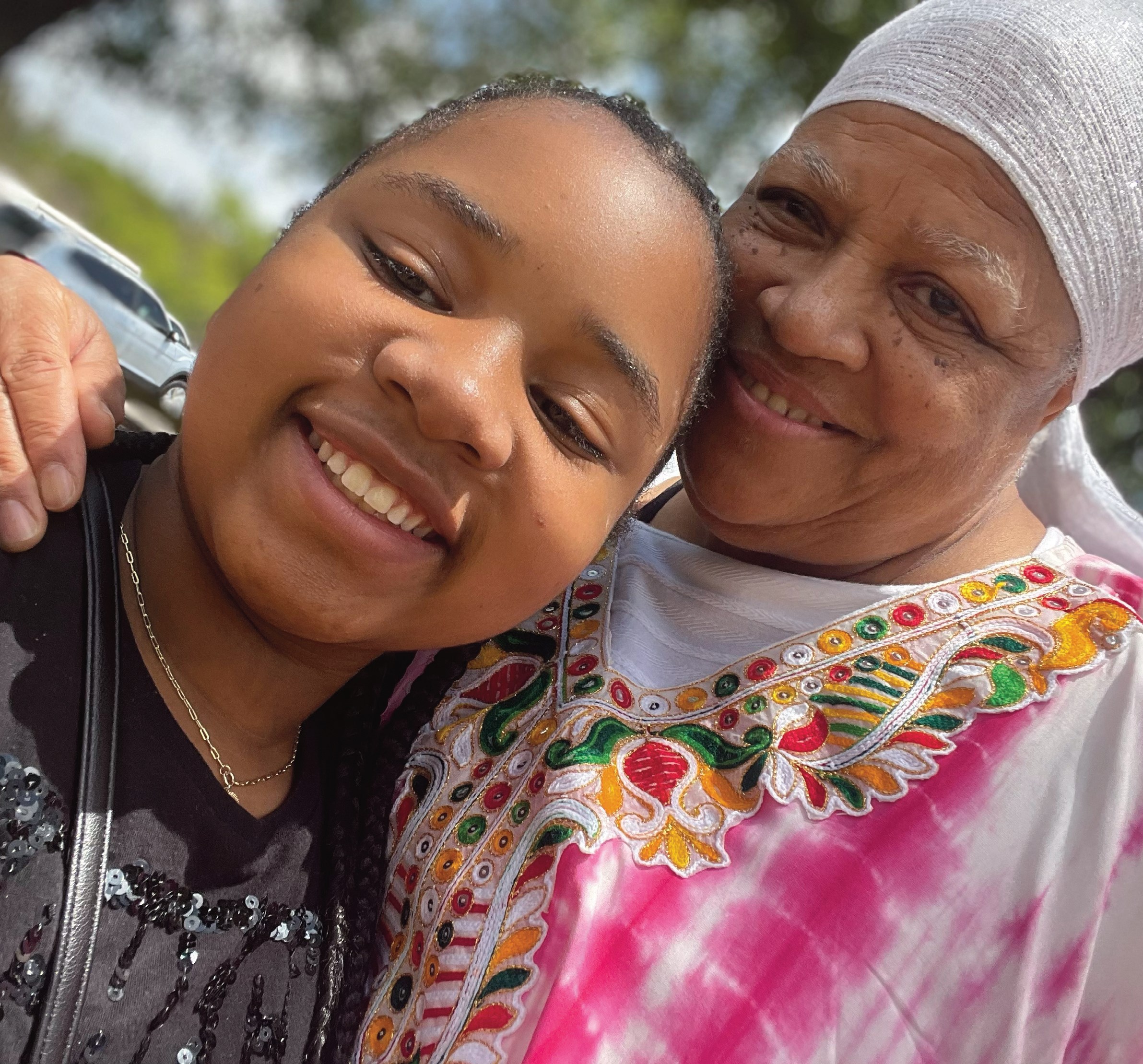
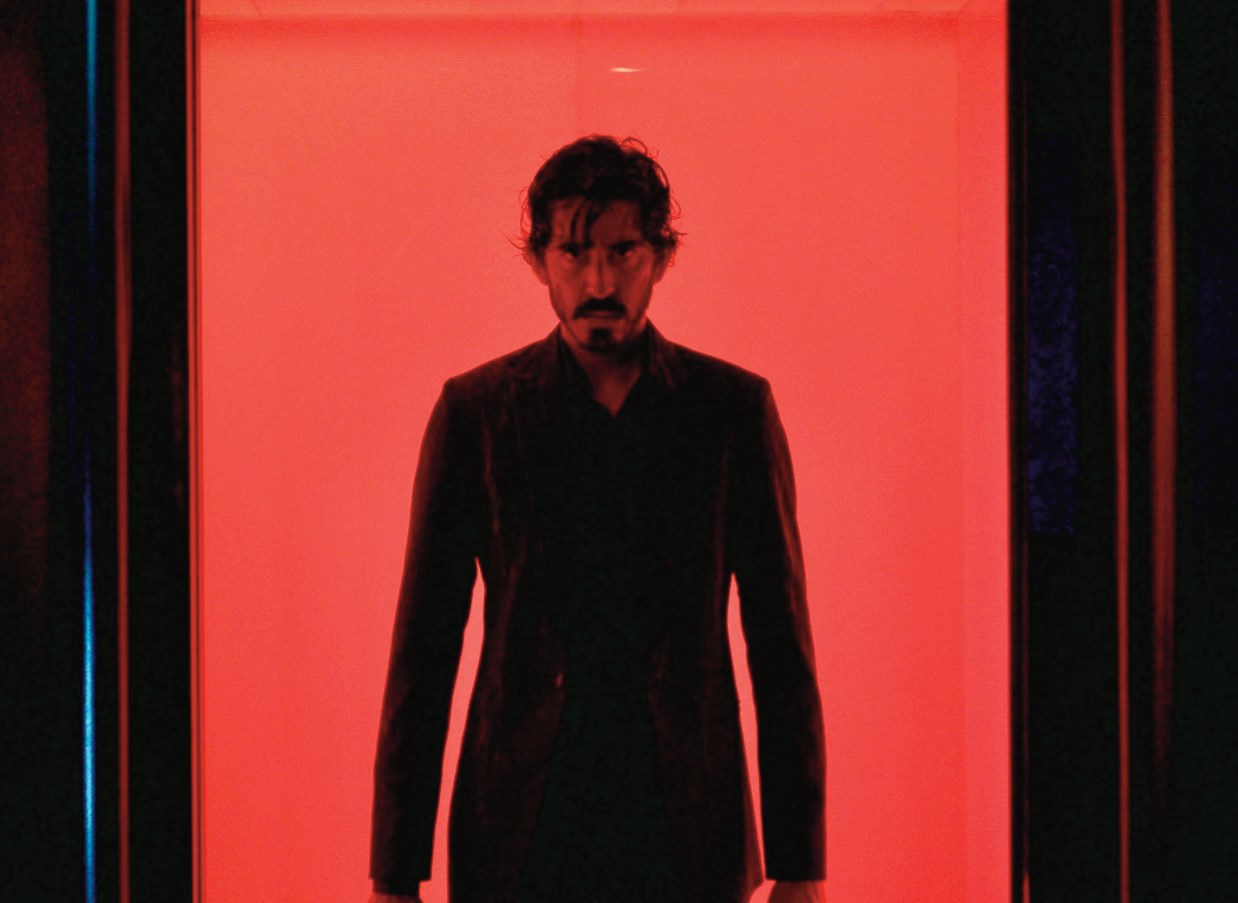
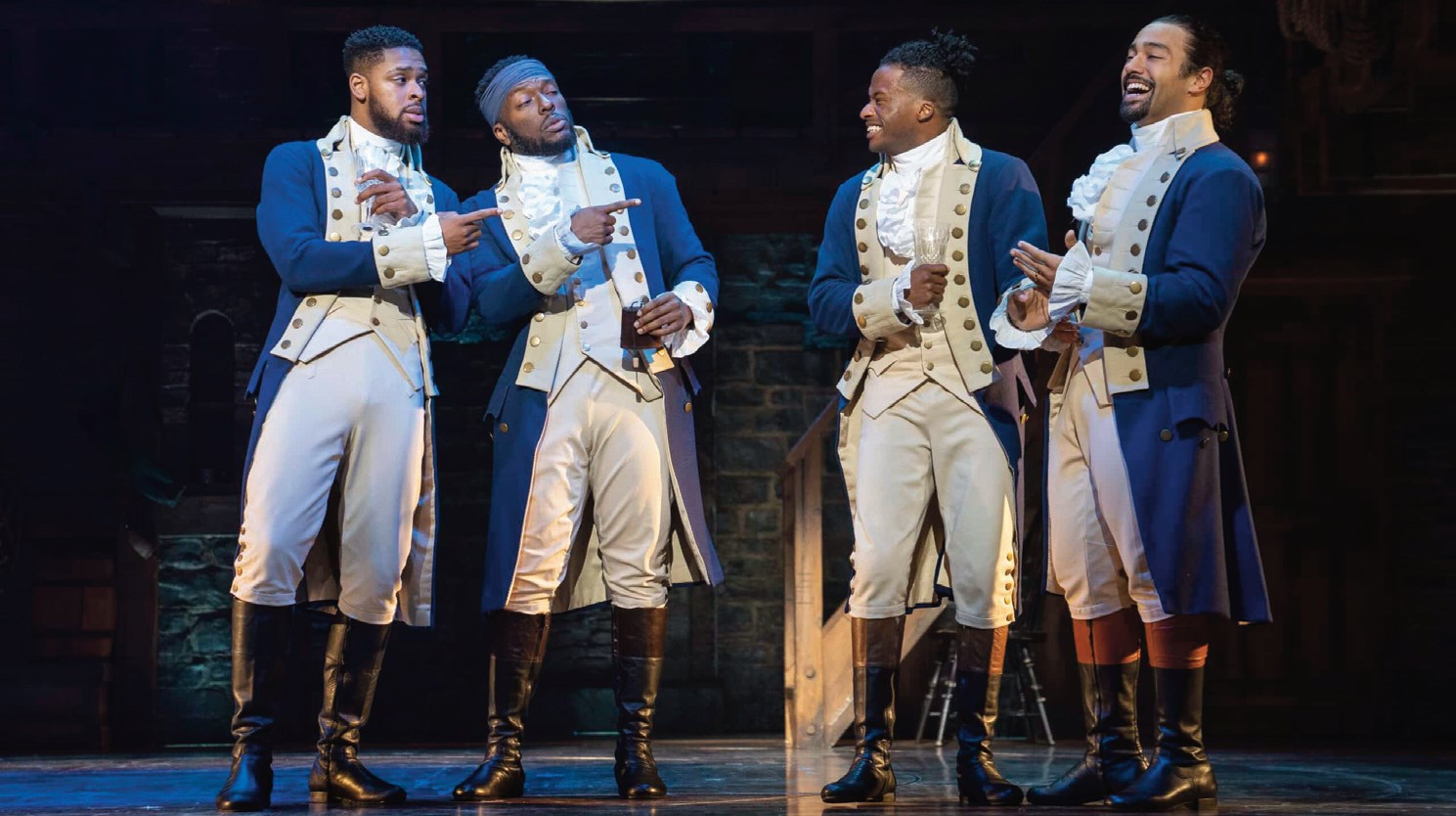
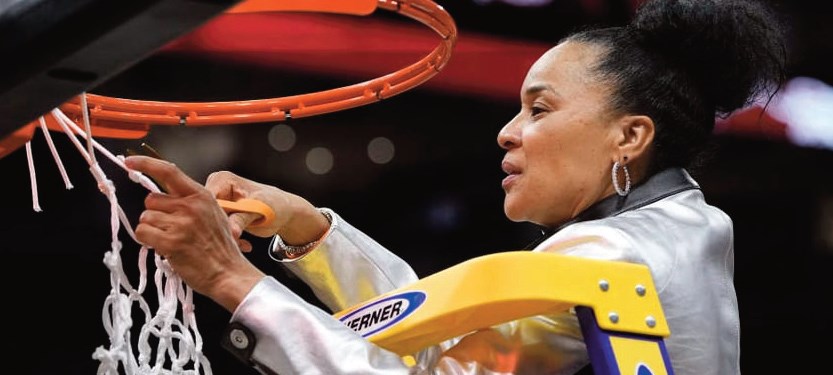
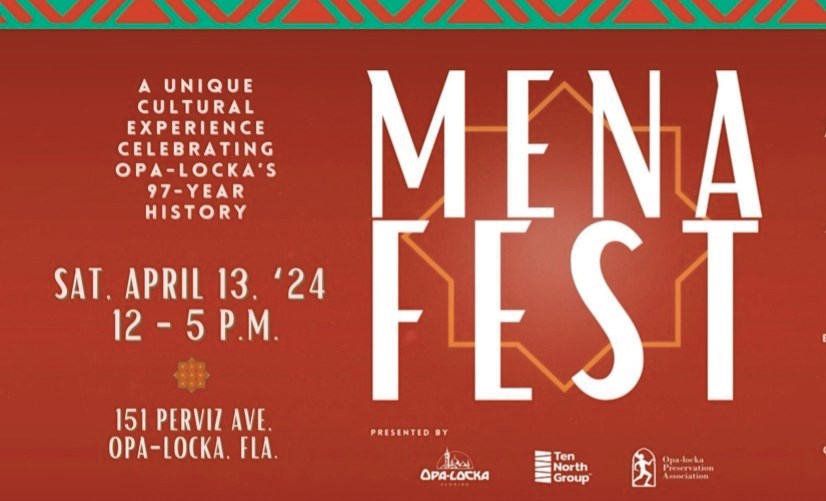
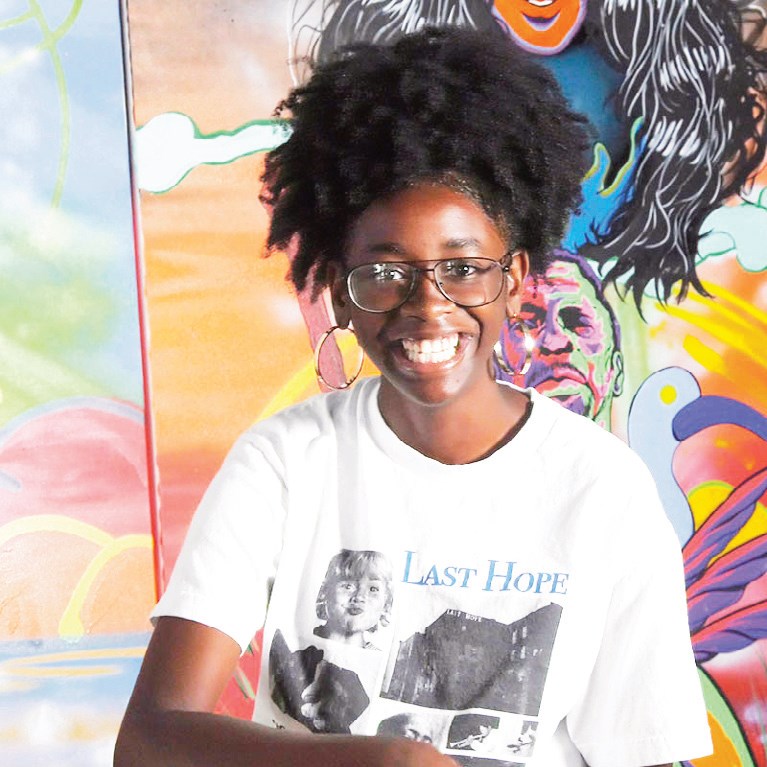
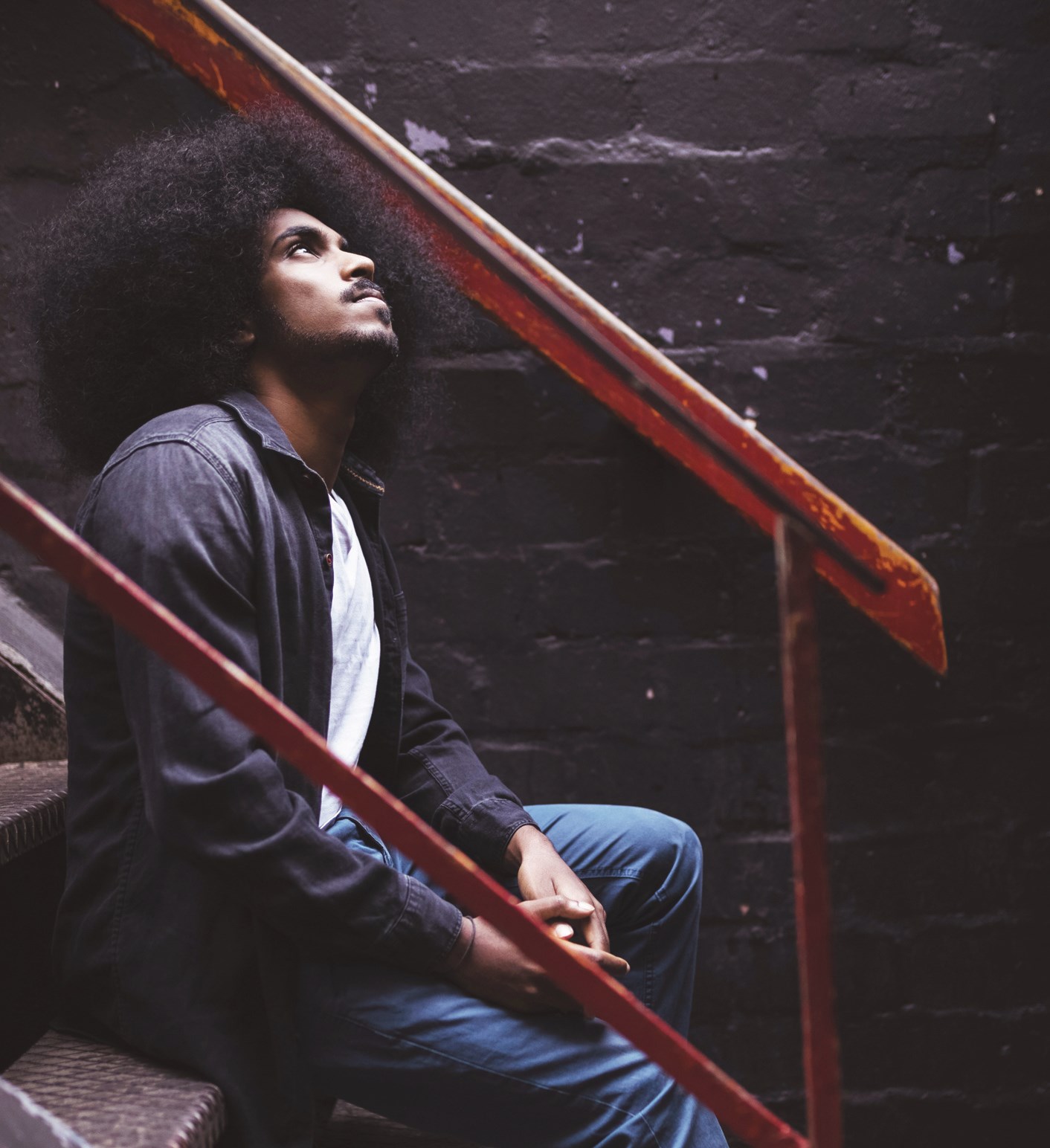
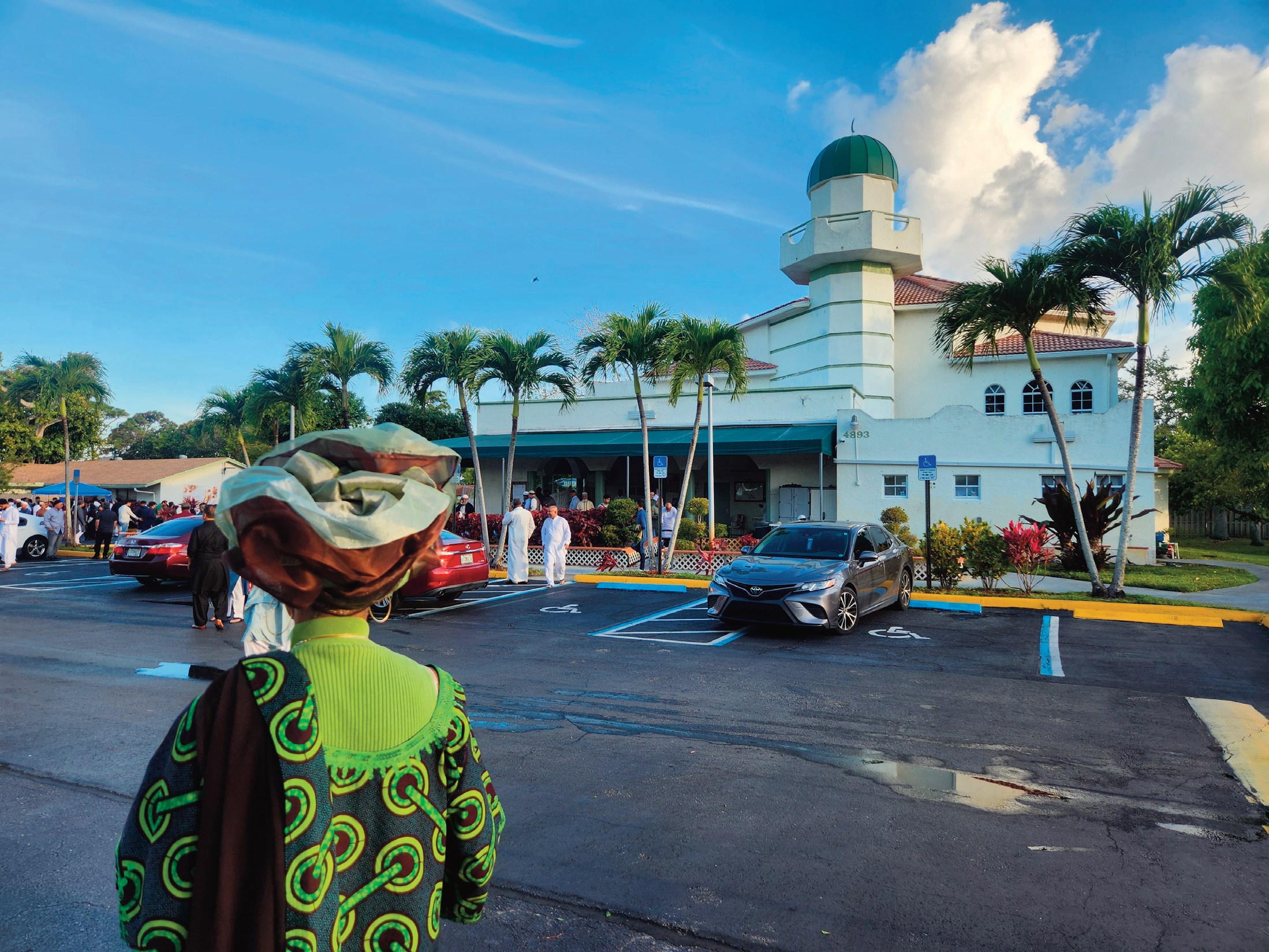
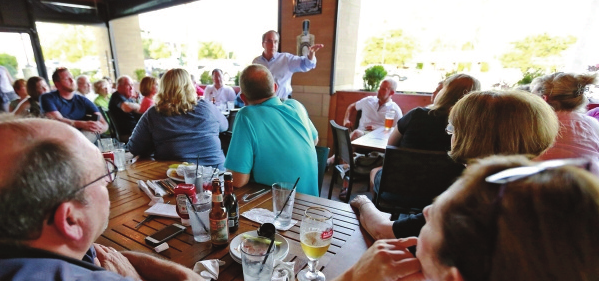
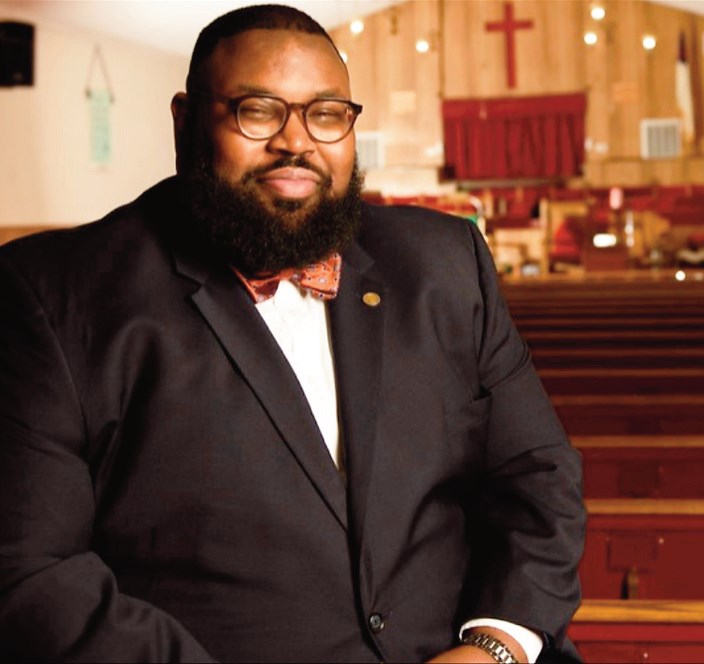
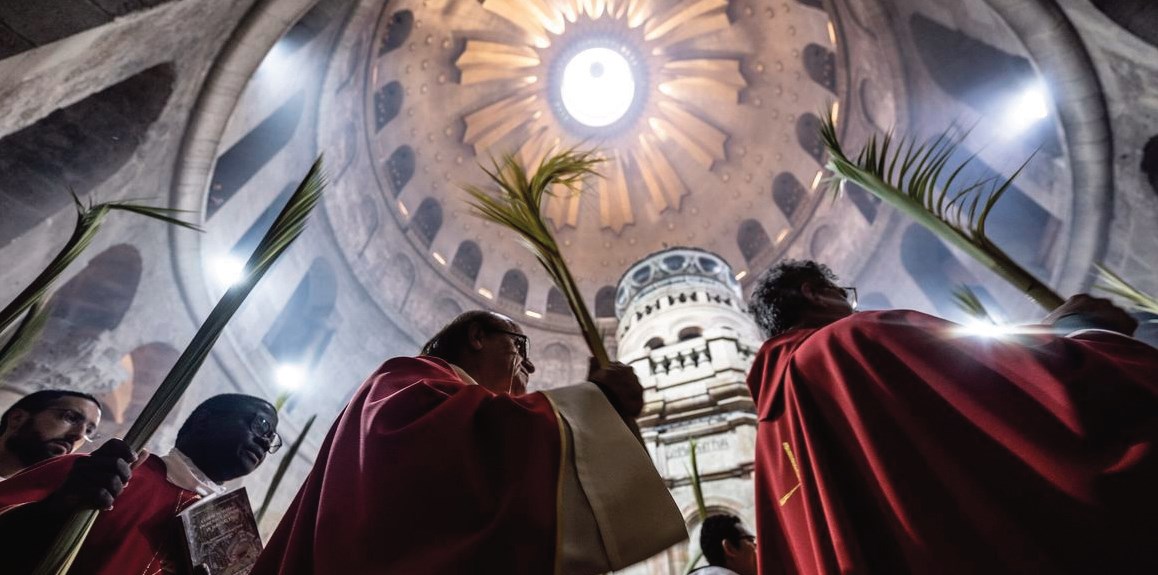
No Comment